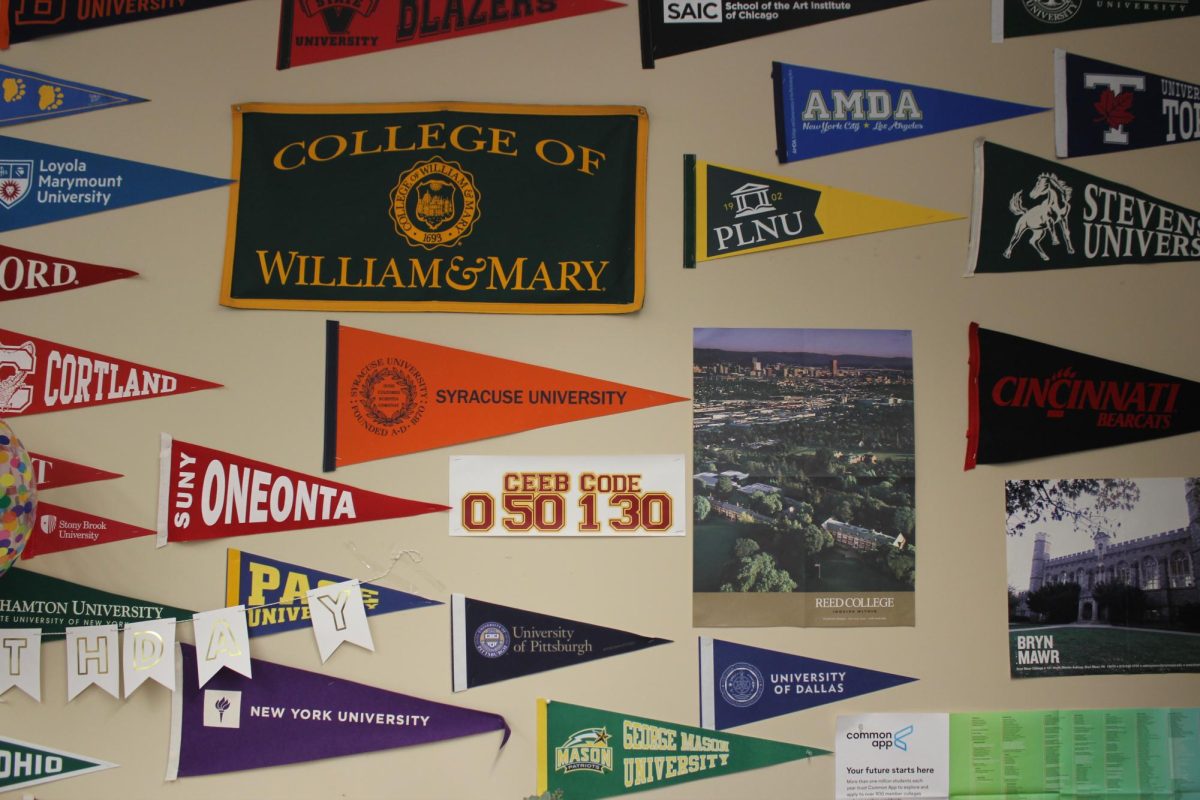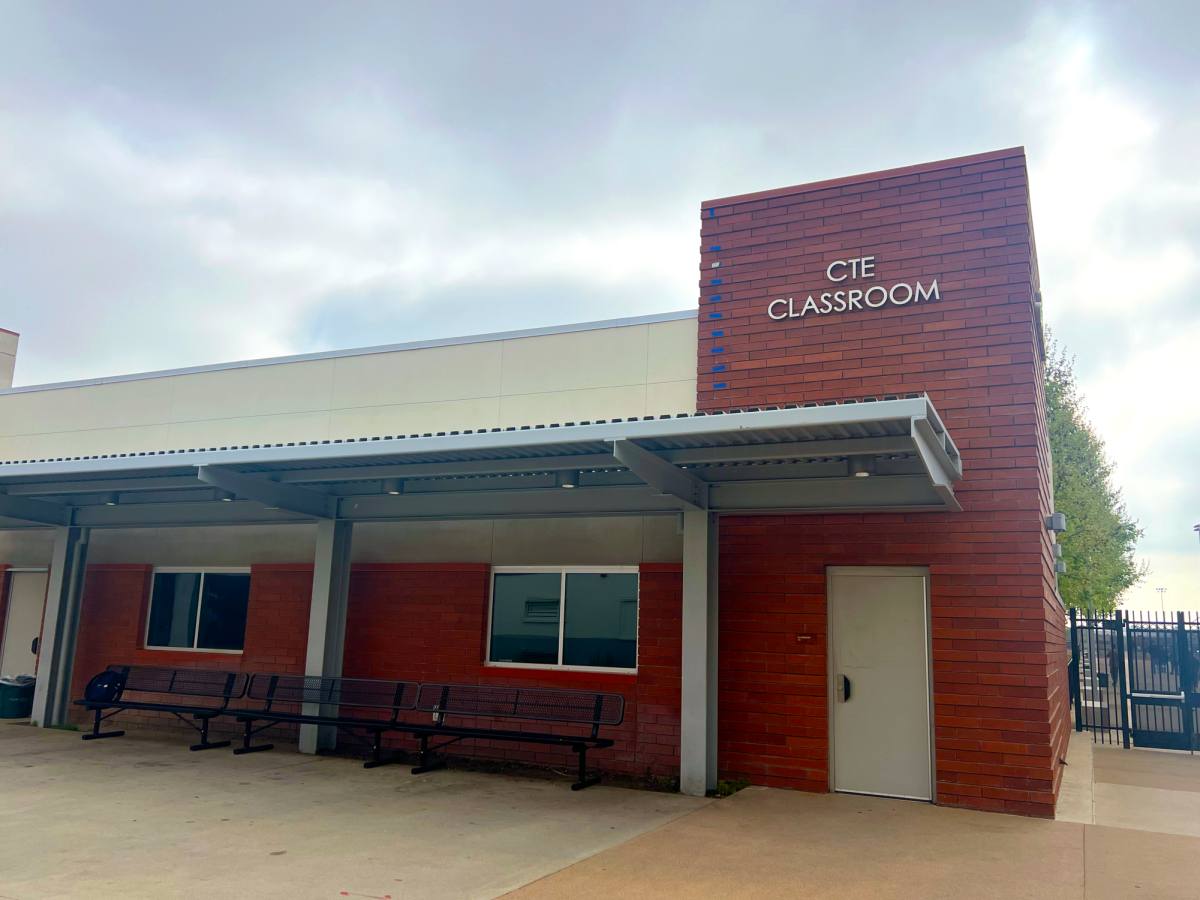When contemplating the future, students weigh various factors; among them is the pursuit of higher education—or education extending beyond high school. In recent years, with the surge in self-employment and the freelance economy, arguments have arisen about alternative paths to success. Mike McDerment, the Co-founder and CEO of Freshbooks (an accounting or bookkeeping software company), noted in a press release that “tens of millions of Americans have told [them] that their ‘dream job’ is to work for themselves.” While this holds true for some, not everyone can achieve success or secure clients for a consistent workflow. Engaging in higher education, however, proves to be an invaluable experience that significantly enhances the likelihood of success in today’s workforce.
According to Metropolitan State University of Denver, one pivotal reason attending college is vital for an individual’s career is that it “prepares them for the workforce.”
Higher education offers a distinctive platform for individuals to refine their specialties and build a professional and social network with fellow students and professionals. College provides a unique experience through a combination of academic challenges, exposure to diverse ideas and perspectives, opportunities for personal growth, and vibrant campus. Besides the acquisition of knowledge, it fosters a sense of community, encourages self-discovery, and builds lifelong connections.
Acquiring specialized knowledge in a specific subject amplifies an individual’s prospects of employment and progression in future opportunities. It allows them to develop expertise and proficiency in a niche area, making them valuable assets to employers seeking individuals with specific skills and insights.
Furthermore, many professions mandate a college degree as a prerequisite. Without one, an individual might find themselves at a disadvantage compared to other applicants. A college degree acts as a potent indicator for employers to assess applicants, showcasing dedication, discipline, and commitment, while also gauging whether the individual possesses the skills and capabilities required for the job. For instance, many colleges and universities immerse students in simulated real-world settings through practicums, hospitals, and internships, enabling them to develop the skill set necessary for their desired job in a controlled setting
This hands-on experience is attractive to employers seeking evidence of an applicant’s suitability for a position. In some cases, certain schools necessitate undergraduate students to complete a capstone or final thesis before graduating. Successfully completing this final project provides insight to future employers, indicating the individual’s dedication and potential contribution to the company.
While a college degree undeniably serves as a common requirement in many professions, there is a growing movement emphasizing the value of alternative pathways and practical experience over formal education. Some argue that overemphasizing the importance of a degree may inadvertently exclude talented individuals who have acquired valuable skills through hands-on experience, apprenticeships, or self-directed learning. In certain fields, particularly in the rapidly evolving tech industry, for example, employers often prioritize a candidate’s demonstrated abilities and portfolio over academic credentials. This approach acknowledges that practical skills and real-world accomplishments can sometimes be more indicative of a person’s capabilities in a specific role than a traditional degree.
Moreover, the ever-increasing cost of higher education has led to concerns about accessibility. Not all individuals have the financial means or desire to pursue a college degree, and insisting on this requirement may inadvertently perpetuate socio-economic disparities in the workforce.
A survey conducted by the Pew Research Center delved into students’ beliefs regarding the effectiveness of college in preparing them for the workforce. Nearly half of the respondents affirmed that their college experience was “very useful in helping them access job opportunities” or “help develop skills and attain knowledge they could use in the workplace.”
Even for those uncertain about their future paths, college opens doors to endless opportunities and activities. Involvement in extracurricular activities, such as clubs and professional organizations, aids students in discovering their passions and, perhaps unearthing hidden talents. By identifying specific interests and specialties, higher education guides students toward career paths they were previously unaware of.
The pursuit of higher education is a transformative journey that bestows numerous benefits upon individuals and society alike. It facilitates personal growth, self-discovery, and the acquisition of crucial life skills, preparing individuals for their future endeavors. Additionally, it serves as the starting point for students to contribute to groundbreaking discoveries, technological advancements, and societal progress. As adolescents navigate an increasingly complex world, college emerges as the crucial first step in overcoming future challenges and unlocking a realm filled with opportunities and possibilities.
Photo courtesy of ELLIE GLADSON-PANG






